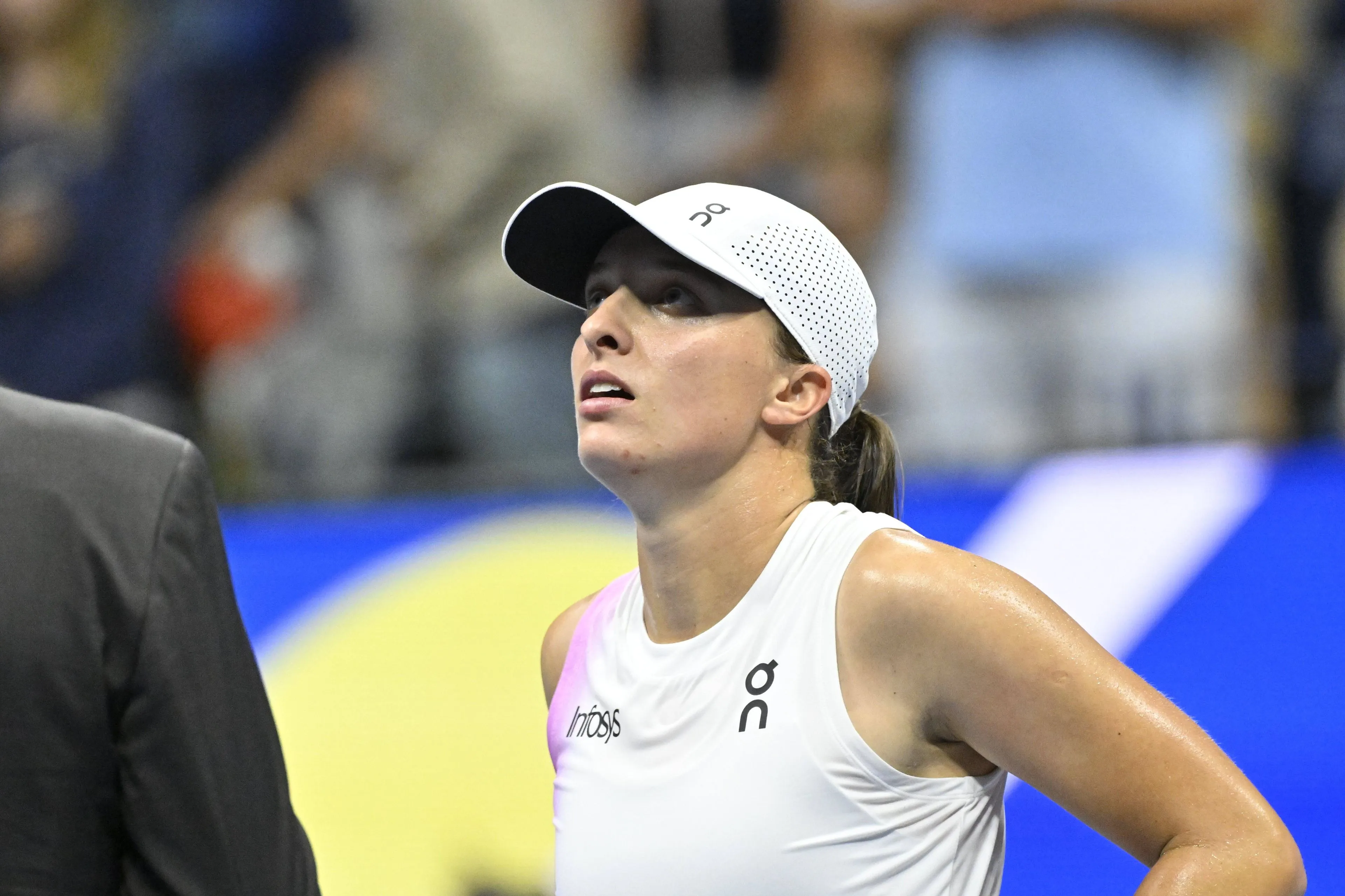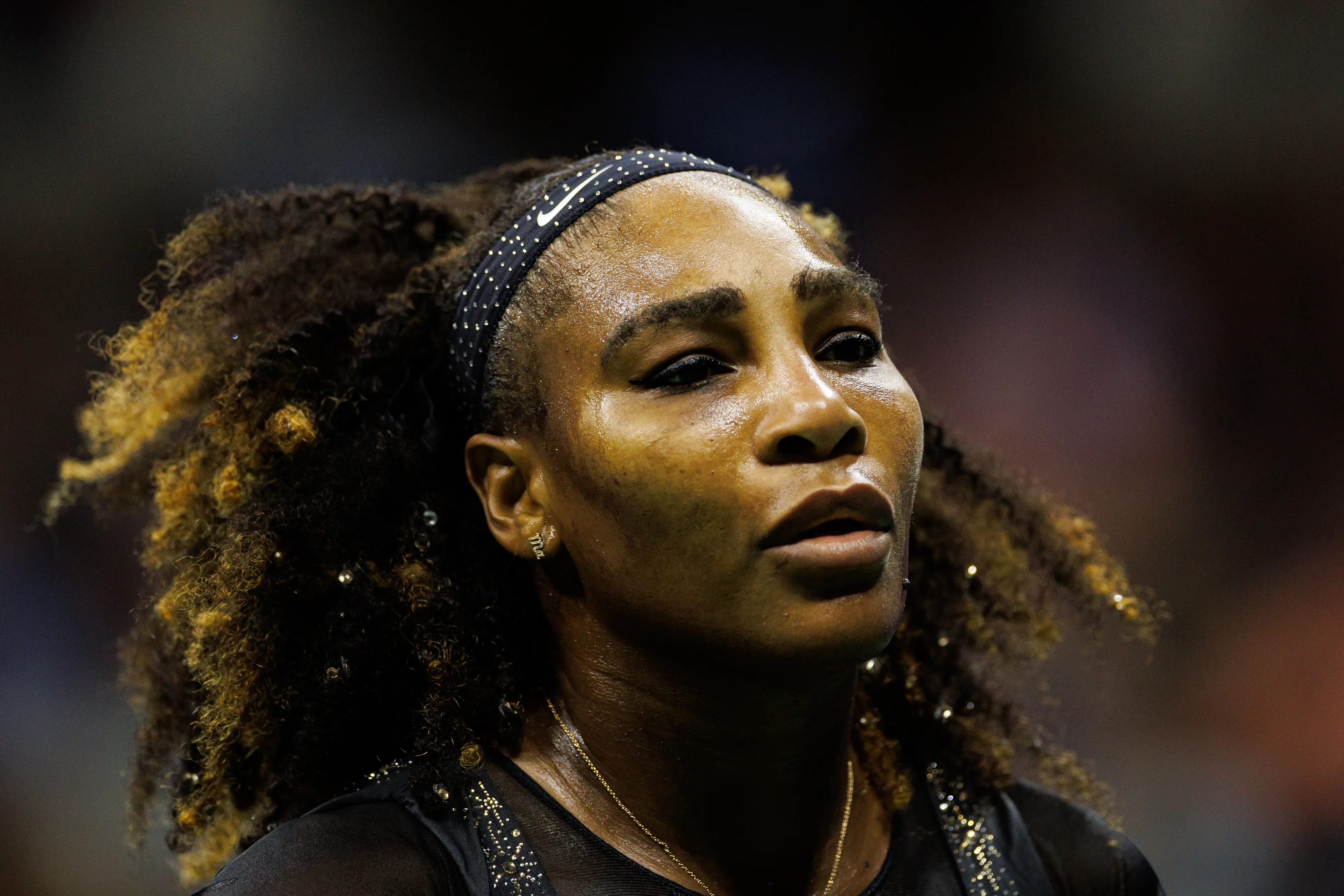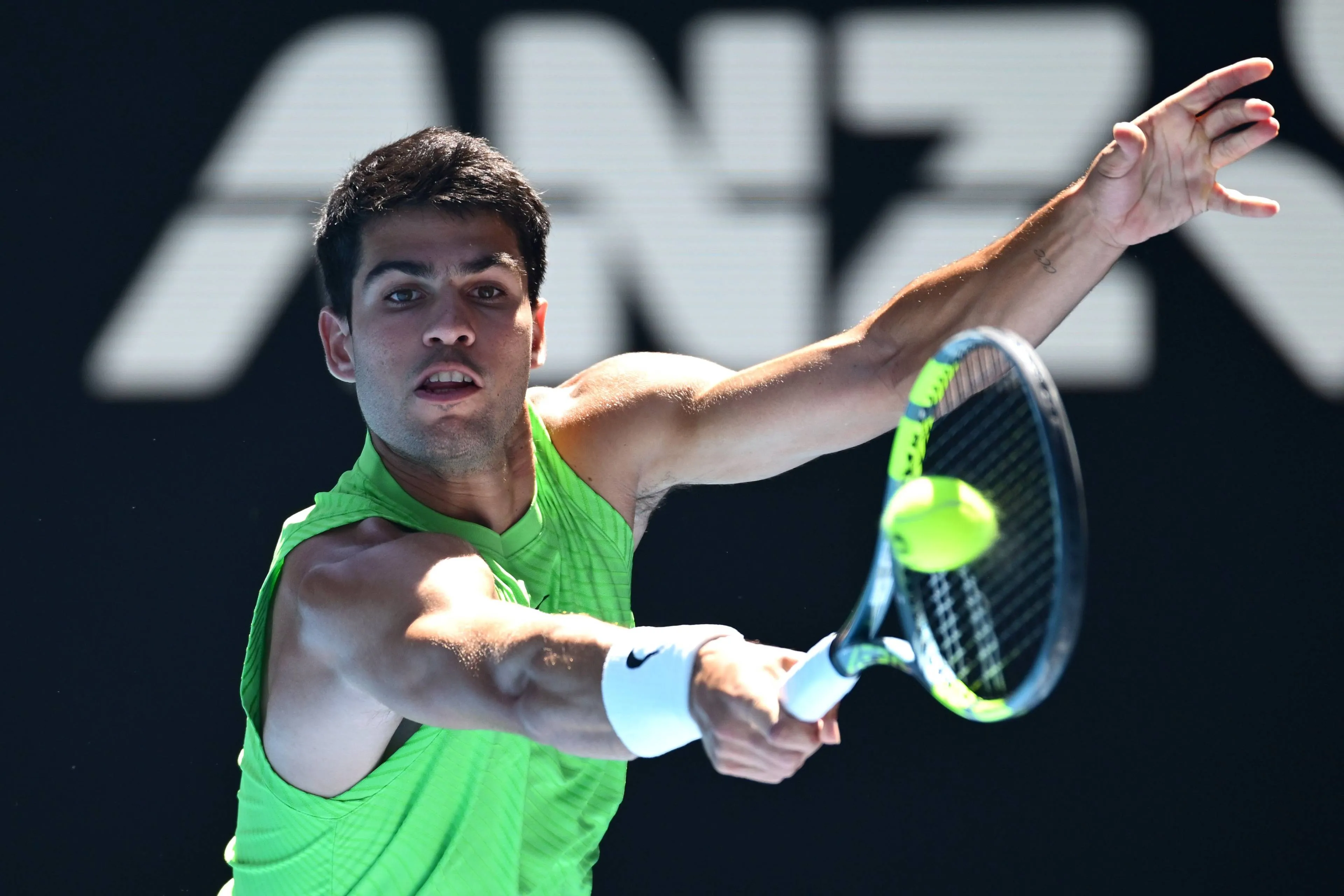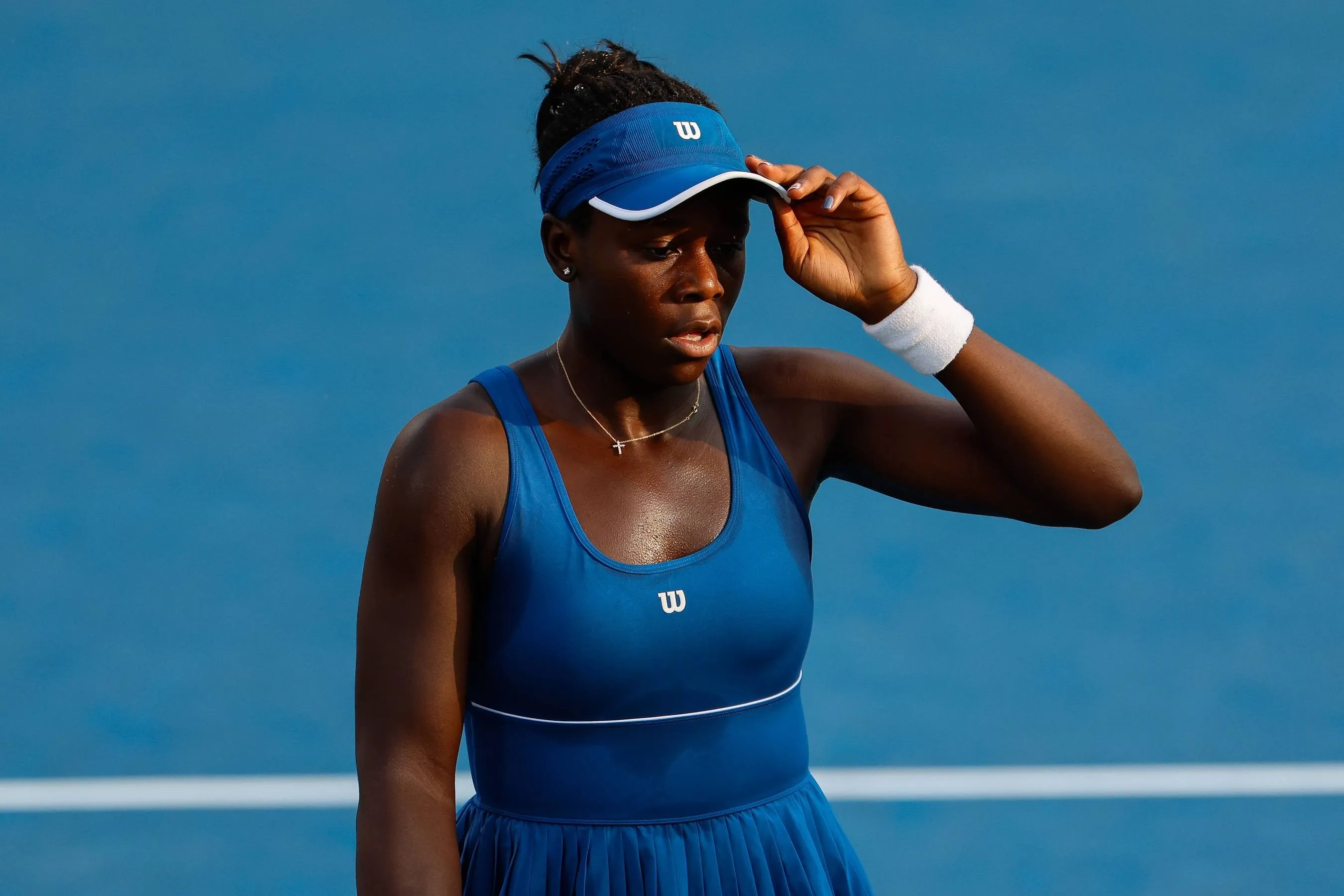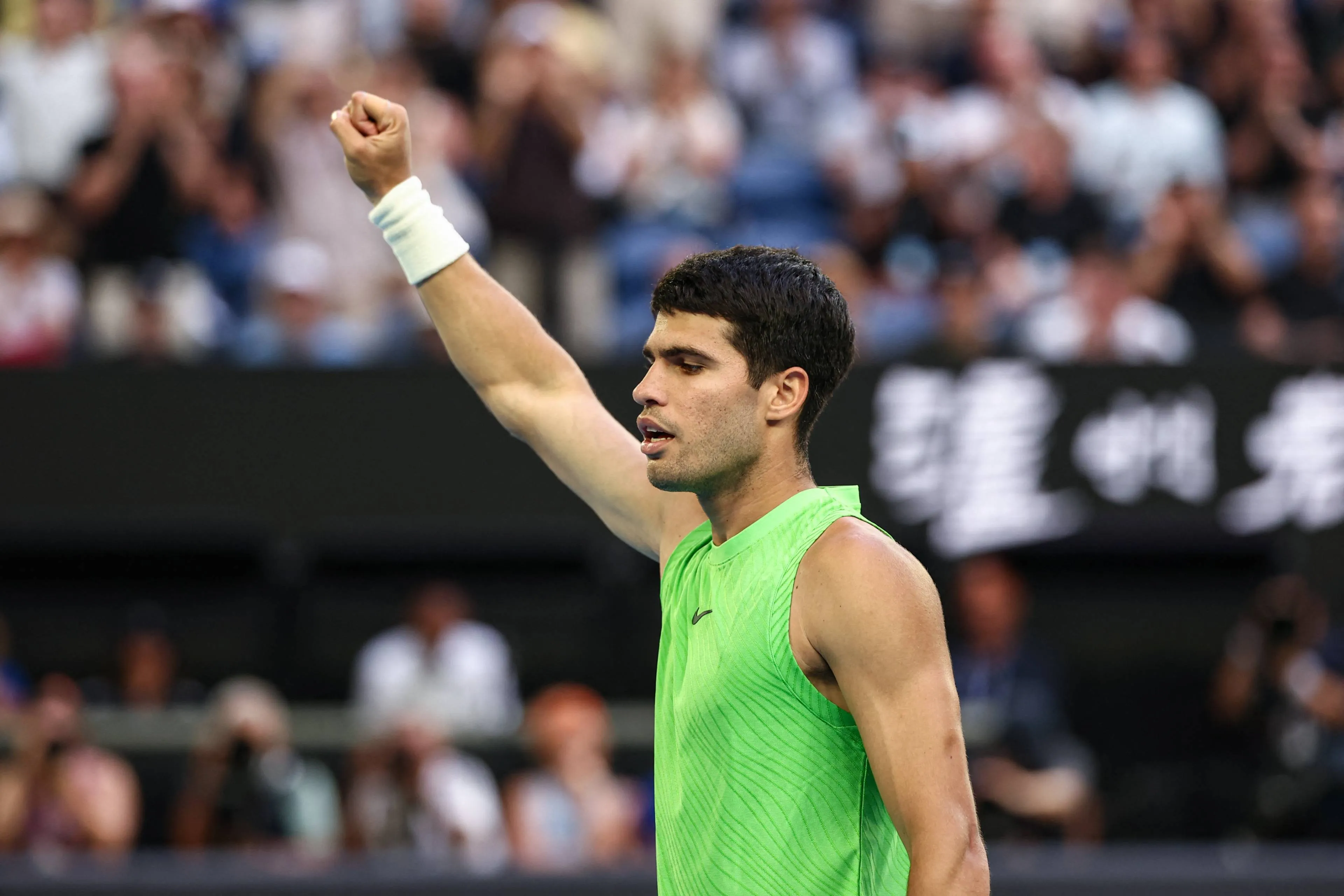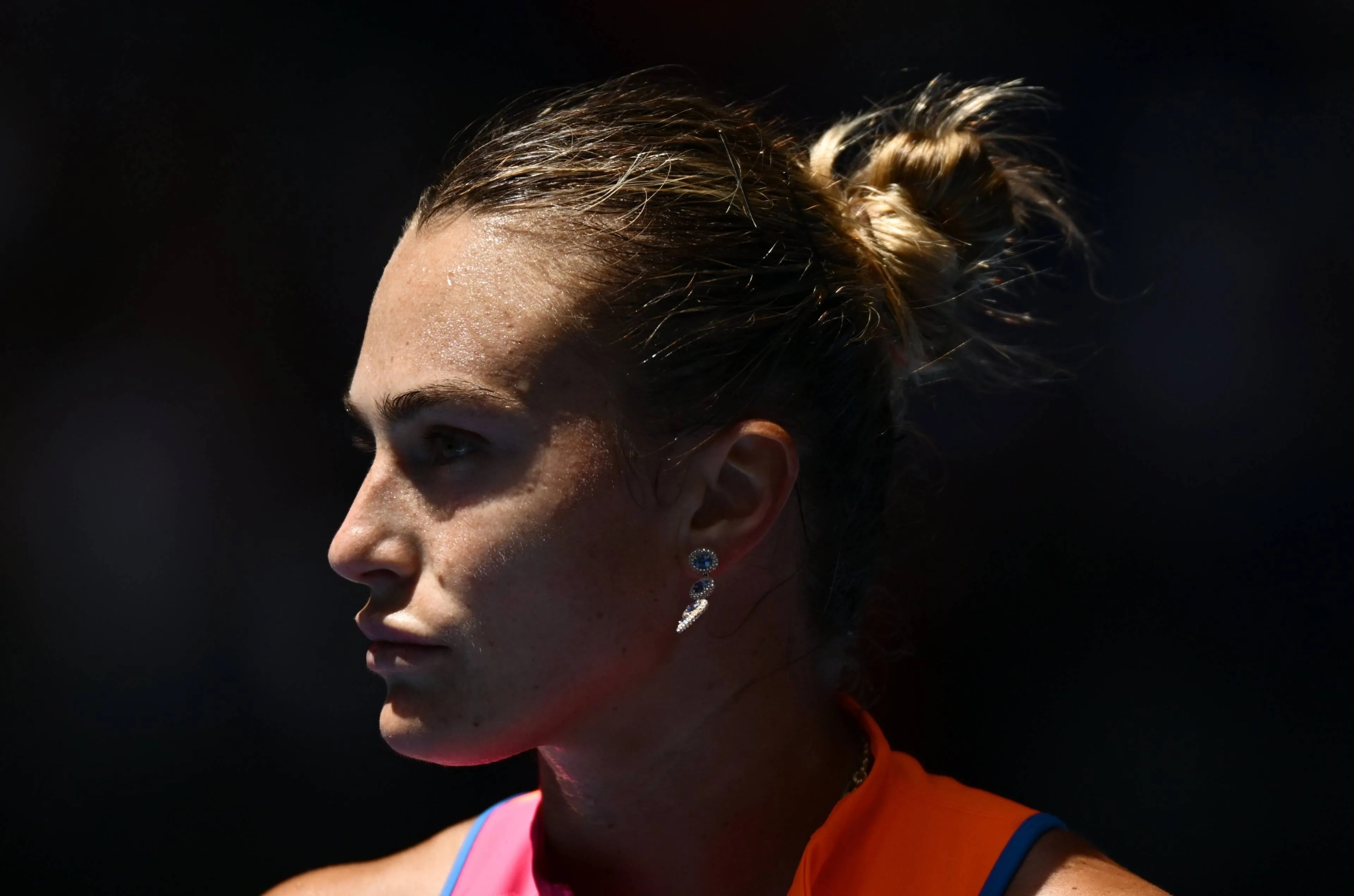Holger Rune Shares Rigorous Steps He Takes To Avoid Positive Doping Test
NewsSunday, 08 December 2024 at 07:00

Holger Rune demonstrated how robust testing procedures are in tennis in his first comments related to doping since it was revealed that Iga Swiatek, like Jannik Sinner, had tested positive for a banned substance.
There have been many questions raised about the transparency of doping cases and whether certain players receive favorable treatment because of how Swiatek and Sinner's cases were handled.
The International Tennis Integrity Agency's five-month investigation into Sinner testing positive twice for clostebol at the Indian Wells Open was kept private until he was cleared. The case details were then revealed to the public a few days before the US Open.
Sinner's anxieties have since increased again because the World Anti-Doping Agency appealed the decision to clear him. A verdict from the Court of Arbitration for Sport will be reached sometime in 2025.
Swiatek received a provisional suspension on September 12th after testing positive for trimetazidine from an out-of-competition sample she submitted on August 12th, potentially putting her career in tatters.
However, Swiatek appealed on September 22nd and had the provisional suspension overturned on October 4th after testing proved her explanation that melatonin, a product that is not prohibited, was contaminated without her knowledge.
The Pole then accepted a one-month suspension, most of which she already served while provisionally suspended. That means Swiatek can freely return to the sport for the 2025 season.
While a relief for Swiatek, many are enraged by how both cases were handled and have suggested that Swiatek and Sinner were treated differently to other players who were accused of doping.
For example, former world No. 1, Ilie Nastase, sensationally claimed that Swiatek only received a one-month ban because she is Polish and Simona Halep's suspension was longer because she is Romanian.
Others have defended both players. 2003 US Open champion Andy Rodick was particularly defensive of Swiatek, expressing sympathy for her and saying what she did should not be considered doping.
Read also
Rune weighed in on the issue of doping testing before the Ultimate Tennis Showdown in London. While many have criticized many areas of the process, the Dane believes how testing is done is very robust.
“We had a lot of doping control this year. Before the Olympics this year, I had around 20 (test) and that is a lot, but they are doing everything to keep the sport clean, which is very, very important."
“I take a lot of care about the supplements I take like every player, but it can be unfortunate or it can be something else (if you test positive)."
Rune, who is working with Lars Christensen for the third time, also described the measures he takes to ensure he could never test positive for a banned substance.
"Personally, I always take care of what I eat and drink. If I leave a drink anywhere, I never pick it up again. You have to protect yourself where you can to make sure I can do what I can to do what I love and that’s play tennis every day."
"I do blood tests maybe once a year to see what my body needs more of, but that’s too personal to talk about. It’s things like vitamin C when you get sick and you need more of that.”
Read also
Loading

